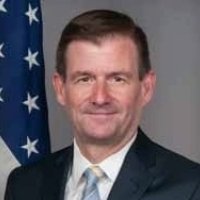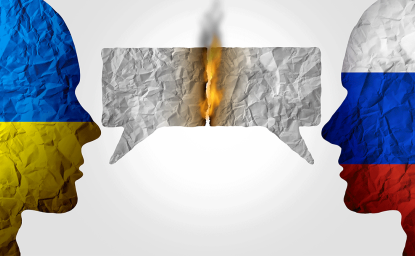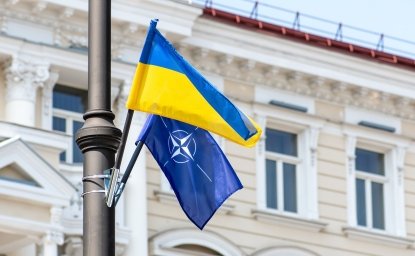The Latest
Reformist Masoud Pezeshkian is being sworn in as Iran’s new President this week. The 71-year-old heart surgeon and former member of the Iranian parliament is known for his reformist stance and has been a vocal critic of Iran’s notorious morality police.
David Hale, Former Ambassador to Pakistan, Lebanon, and Jordan, discusses what this moment of transition means for Iran. He talks about who Pezeshkian is and what kind of power he will have to effect change, how women might benefit from his leadership, and whether or not the new President will re-engage in negotiations over the country’s nuclear program.
Transcript of Video
-
Reformist Masoud Pezeshkian is Inaugurated as Iran’s New President
Guest

Former Under Secretary of State for Political Affairs; Former Ambassador to Pakistan, Lebanon, and Jordan

Middle East Program
The Wilson Center’s Middle East Program serves as a crucial resource for the policymaking community and beyond, providing analyses and research that helps inform US foreign policymaking, stimulates public debate, and expands knowledge about issues in the wider Middle East and North Africa (MENA) region. Read more

Explore More
Browse Insights & Analysis
Greenland’s New Governing Coalition Signals Consensus

Myanmar’s Junta and the 2026 Elections: A Fig Leaf for Legitimacy?




